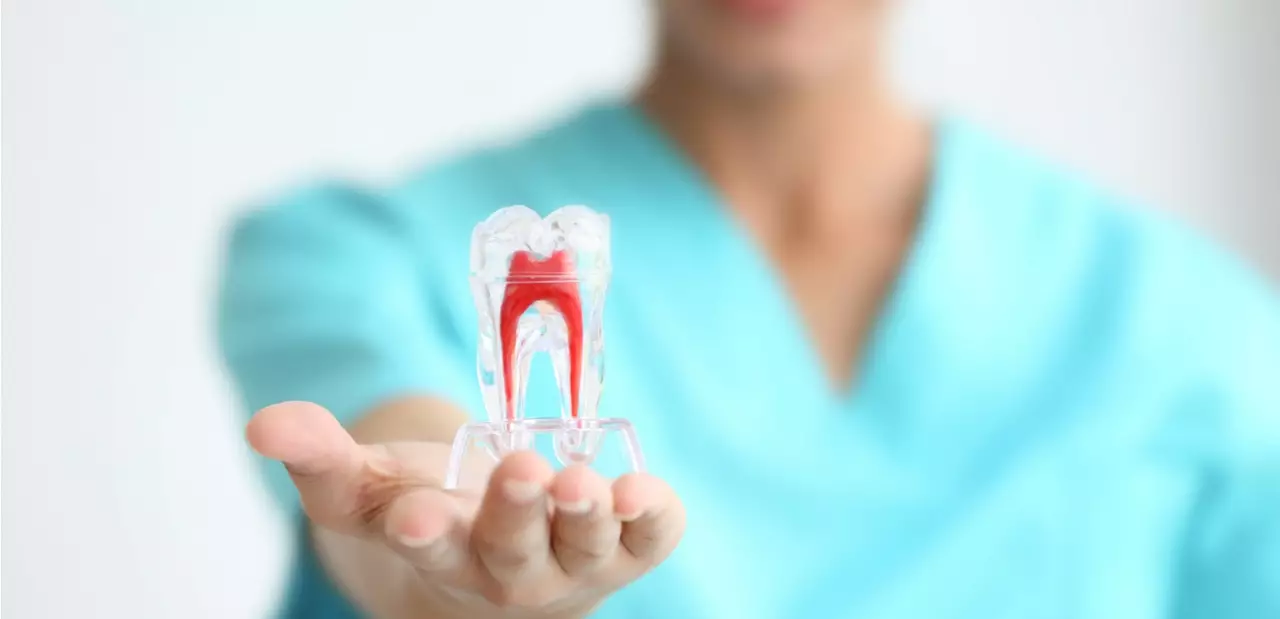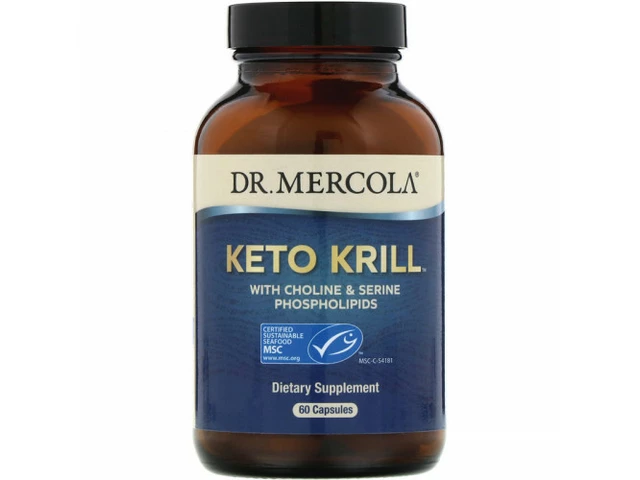Dental facts: straight talk about keeping your teeth healthy
Want simple, true facts about your teeth without the confusion? Good. Your mouth affects your whole body — not just your smile. Below are clear, practical points you can use today to keep teeth and gums in top shape.
Daily habits that actually help
Brush twice a day with a soft-bristle brush for two minutes. Use fluoride toothpaste — it strengthens enamel and helps prevent cavities. Floss once daily. Flossing removes plaque where your brush can’t reach and reduces gum inflammation. If you hate string floss, try a floss pick or a water flosser; the benefit is the same: get between the teeth.
Mouthwash is not a replacement for brushing or flossing. Use an antiseptic mouthwash when you need extra odor control or a fluoride rinse if your dentist recommends it. Chewing sugar-free gum after meals can boost saliva, which neutralizes acids and helps protect enamel.
Food, drinks, and tricks to protect enamel
Sugar fuels cavity-causing bacteria. Cut back on sugary snacks and sodas. Acidic drinks — citrus juices, wine, sports drinks — soften enamel; don’t brush right after sipping them. Wait 30–60 minutes and rinse with water instead. Drinking water throughout the day helps wash away food and keeps saliva production steady.
Want stronger teeth? Eat calcium-rich foods (yogurt, cheese, leafy greens) and vitamin D sources (fatty fish, fortified milk) so your body can use calcium properly. Crunchy veggies like carrots and celery act like a natural brush and stimulate saliva.
Tooth sensitivity is common. It often means enamel has thinned or gums have receded. Try a desensitizing toothpaste and avoid very hot or cold foods. If sensitivity is sudden or severe, see your dentist — it can signal a crack, decay, or a lost filling.
Smoking and vaping harm gum health and slow healing. They raise the risk of gum disease, tooth loss, and even oral cancer. Quitting benefits not just your mouth but your whole body.
Kids need help with brushing until about age 7–8 and should use a pea-sized amount of fluoride toothpaste. Start dental visits by their first birthday or when the first tooth appears. Early visits catch issues and teach good habits early.
When should you see a dentist sooner than your regular checkup? If you have persistent pain, swelling, a loose tooth, or a sore that won’t heal, call your dentist. These can be signs of infection or other problems that need quick attention.
Quick checklist: brush twice, floss daily, limit sugary and acidic foods, visit your dentist regularly, and don’t ignore pain. Small, consistent actions protect your smile and save you time, money, and discomfort down the road.
Want more specific tips — like how to handle a knocked-out tooth or choices for whitening? Ask me and I’ll give straightforward, practical steps you can use right away.




